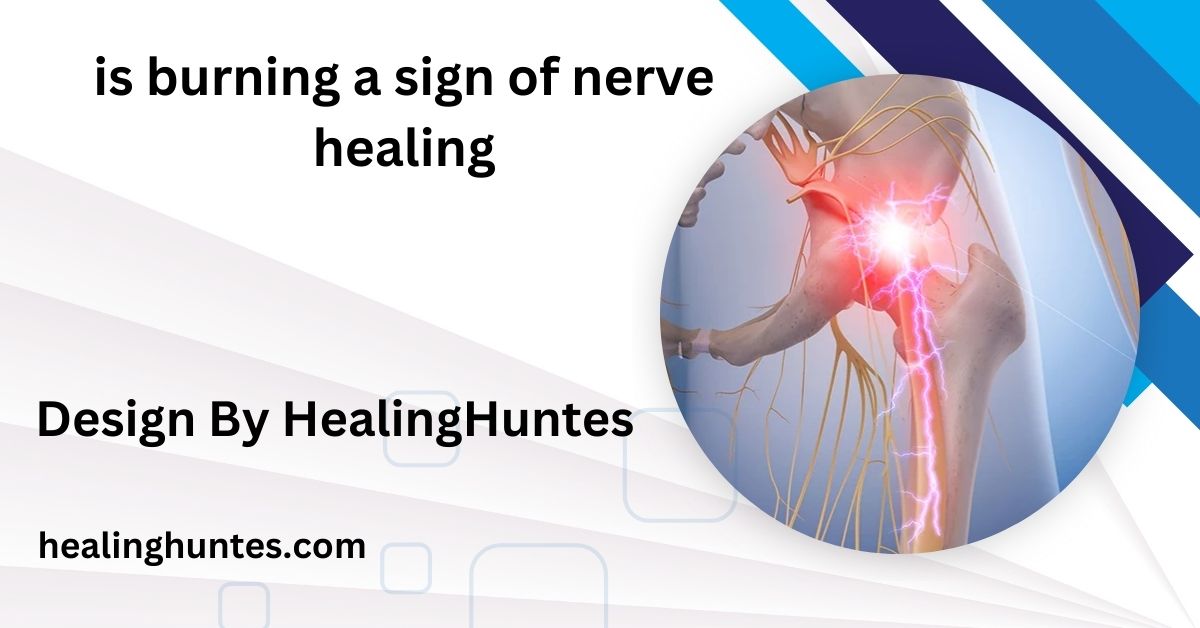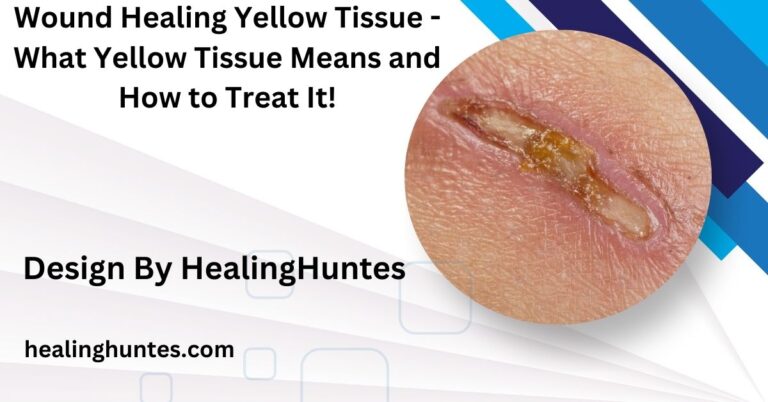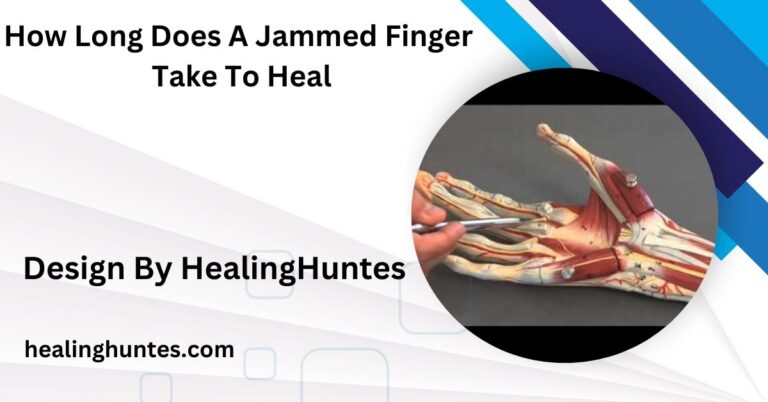Is Burning A Sign Of Nerve Healing – Expert Insights and Advice!
Burning sensations can indicate nerve healing, reflecting nerve regeneration and hypersensitivity during recovery. If symptoms are persistent or severe, it’s important to seek advice from a healthcare professional.
This article delves into the connection between burning sensations and nerve healing, exploring the causes, implications, and management strategies to help you navigate this complex topic.
Understanding Nerve Damage:
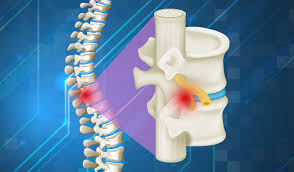
Nerve damage can occur due to a variety of reasons, including:
- Trauma: Injuries from accidents, falls, or sports can lead to direct nerve damage.
- Surgery: Surgical procedures may inadvertently affect nearby nerves, resulting in damage.
- Medical Conditions: Conditions such as diabetes, multiple sclerosis, and autoimmune diseases can lead to peripheral neuropathy, which affects nerve function.
- Infections: Certain infections can directly impact nerve health, causing damage and subsequent symptoms.
When nerves are damaged, the body initiates a healing process that can involve regeneration and reinnervation. However, the recovery process is not always straightforward, and symptoms can vary widely from person to person.
The Nerve Healing Process:
Nerve healing is a complex biological process that typically involves several stages:
- Wallerian Degeneration: This occurs after a nerve is injured, leading to the degeneration of the nerve fibers distal to the injury site. The body breaks down the damaged fibers and prepares for new growth.
- Axonal Regeneration: Following degeneration, the nerve fibers begin to regenerate. Schwann cells play a critical role by forming a supportive environment for the regrowing axons.
- Reinnervation: As the axons grow back, they reconnect with their target tissues, restoring function. This process can take weeks, months, or even years, depending on the severity of the injury.
The Relationship Between Burning Sensations and Nerve Healing:
Is Burning a Normal Part of Nerve Healing:
Yes, burning sensations can be a normal part of nerve healing. During the regeneration phase, many patients report feelings of tingling, prickling, or burning in the affected area. These sensations, known as paresthesia, can occur as the nerve endings begin to reconnect and restore function.
Also read: Do Steroids Increase Growth Hormone Help Heal Labrums Post Surgery – A Complete Guide!
What Causes the Burning Sensation?
The burning sensation during nerve healing can be attributed to several factors:
- Nerve Regeneration: As nerves grow back, they may misfire or respond abnormally, leading to sensations like burning.
- Inflammation: Inflammation surrounding the injury site can contribute to nerve irritation, resulting in burning and other discomfort.
- Chemical Changes: The healing process can cause changes in the levels of neurotransmitters and other chemicals in the body, which can affect how nerves transmit signals.
- Scarring: Scar tissue formation can also lead to nerve irritation, causing abnormal sensations in the affected area.
The Duration of Burning Sensations:
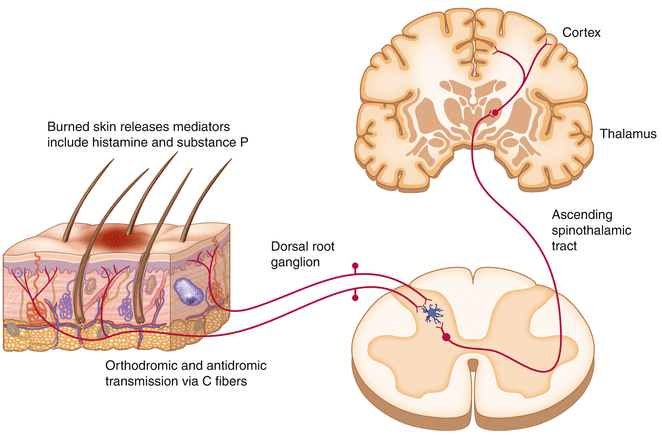
The duration of burning sensations can vary widely based on factors such as the type and severity of the nerve injury, the overall health of the individual, and the effectiveness of treatment. In general:
- Acute Injuries: Burning sensations may be more pronounced during the initial weeks following an injury and can subside as the nerve begins to heal.
- Chronic Conditions: In cases of chronic nerve conditions, burning sensations may persist for an extended period, often requiring ongoing management.
When to Seek Medical Attention:
While burning sensations can be a normal part of the healing process, there are certain situations where you should consult a healthcare professional:
- Persistent Pain: If the burning sensation persists or worsens over time, it may indicate complications.
- Severe Symptoms: Severe pain, muscle weakness, or loss of function in the affected area should be evaluated by a healthcare provider.
- Signs of Infection: Symptoms such as fever, redness, or swelling at the injury site could indicate an infection that requires medical attention.
- Neurological Symptoms: If you experience new symptoms, such as dizziness, confusion, or changes in vision, seek immediate medical assistance.
Also read: What Do Fighters Use to Repair Healing – A Complete Guide!
Strategies for Managing Burning Sensations:
If you’re experiencing burning sensations during nerve healing, there are several strategies you can employ to manage your discomfort:
Consult a Healthcare Professional:
Before starting any treatment, it’s crucial to consult with a healthcare provider to determine the underlying cause of your burning sensations and develop an appropriate management plan.
Physical Therapy:
Engaging in physical therapy can help improve nerve function, reduce discomfort, and promote overall recovery. Therapists can guide you through exercises tailored to your specific needs, helping to ease burning sensations.
Medications:
Over-the-counter medications like nonsteroidal anti-inflammatory drugs (NSAIDs) can help alleviate pain and reduce inflammation. In some cases, healthcare providers may prescribe medications specifically for nerve pain, such as:
- Antidepressants: Certain types of antidepressants can help manage nerve pain.
- Anticonvulsants: Medications like gabapentin and pregabalin are commonly used to treat nerve-related pain.
- Topical Treatments: Creams or patches containing capsaicin or lidocaine may provide localized relief from burning sensations.
Lifestyle Adjustments:
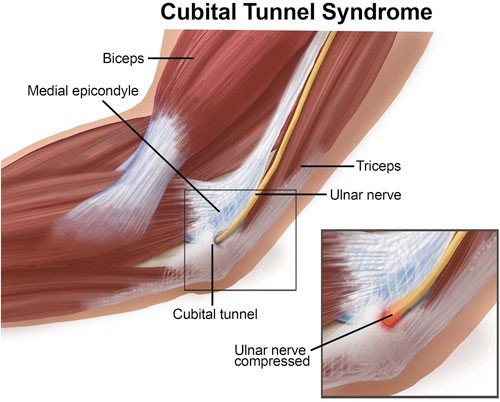
Implementing lifestyle changes can also help manage burning sensations:
- Maintain a Healthy Diet: A balanced diet rich in vitamins and minerals, particularly B vitamins, can support nerve health. Consider foods like leafy greens, whole grains, nuts, and seeds.
- Stay Hydrated: Drinking plenty of water can help your body heal and function optimally.
- Manage Stress: High stress levels can exacerbate pain symptoms. Make stress management a priority by including practices such as yoga, meditation, or deep-breathing exercises in your daily routine.
- Get Enough Rest: Adequate sleep is crucial for recovery. Aim for 7-9 hours of quality sleep each night to promote healing.
Avoid Triggers:
Identify and avoid activities or substances that may exacerbate burning sensations. For example, tight clothing or prolonged pressure on the affected area can worsen discomfort.
Alternative Therapies:
In addition to conventional treatments, several alternative therapies may help manage burning sensations associated with nerve healing:
- Acupuncture: This traditional Chinese medicine practice involves inserting thin needles into specific points on the body. Acupuncture may help alleviate pain and improve nerve function.
- Massage Therapy: Gentle massage techniques can promote circulation and relieve tension in the affected area.
- Chiropractic Care: Some individuals find relief from nerve-related pain through chiropractic adjustments.
- Mindfulness and Relaxation Techniques: Practices such as mindfulness meditation and progressive muscle relaxation can help manage pain and reduce stress.
FAQ’s
1. Is burning a normal sign of nerve healing?
Yes, burning sensations can indicate nerve regeneration and hypersensitivity during the healing process.
2. How long can burning sensations last during nerve healing?
The duration can vary, but burning may improve over weeks to months, depending on the severity of the injury.
3. When should I seek medical help for burning sensations?
Consult a healthcare provider if burning persists, worsens, or is accompanied by severe pain or neurological symptoms.
4. What treatments can help relieve burning sensations?
Treatments may include medications, physical therapy, and lifestyle changes to manage discomfort effectively.
5. Can alternative therapies help with nerve healing?
Yes, therapies like acupuncture, massage, and mindfulness techniques may provide additional relief during nerve recovery.
Conclusion
Burning sensations during nerve healing can be a normal part of the recovery process, indicating that nerves are regenerating and reconnecting. While this discomfort can be concerning, it often diminishes over time as the healing progresses.If you experience persistent or severe symptoms, it’s essential to consult a healthcare professional for evaluation and tailored treatment.
